What We Do
The MSF Training Unit is committed to strengthening local capacity and resilience in TB control, with a particular focus on addressing drug-resistant TB (DR-TB). Through dynamic capacity-building initiatives, we empower local actors, civil society organizations, and healthcare workers to lead effective and sustainable TB responses.
- Mumbai
Aligned with MSF’s mission, we strive to enhance access and engagement in TB management through targeted workshops, collaborative field activities, and customized mentorship programs. Our initiatives promote effective knowledge transfer and adaptability to the evolving landscape of TB care and control.
Strengthening Capacity: Empowering Healthcare Providers in Tuberculosis Management
As part of our commitment to strengthening the healthcare workforce in the fight against tuberculosis, a series of Medical Component Trainings were conducted for healthcare professionals.
Key highlights:
- Specialized chest X-ray interpretation training to identify TB-related patterns.
- Focus on early detection, diagnosis, treatment, and post-TB care.
- Interactive lectures, case-based discussions, and practical demonstrations.
- Guidance on national TB management guidelines and diagnostic algorithms.
- Training on drug-resistant TB management and infection prevention.
- Hands-on exercises to boost diagnostic confidence and accuracy.
By the end of the training series, participants demonstrated improved capacity to:
- Accurately interpret chest X-rays for TB diagnosis and follow-up
- Apply standardized diagnostic and treatment protocols
- Strengthen case detection and manage adverse drug reactions
Key Objectives
Strengthen local health systems
Promote best practices and innovation in healthcare delivery
Lay the foundation for sustainable, community-led TB management
Healing Beyond Medicine: Creating a stigma free, supportive TB care system
Tuberculosis (TB) thrives where poverty, crowding, and unequal healthcare persist. While medicine kills the bacteria, the true recovery often battles stigma, fear, and silence. TB is not just a disease—it’s a psychosocial struggle marked by discrimination, anxiety, and isolation. Doctors, nurses, counsellors, community workers, educators, and caregivers—united by one goal: to build a compassionate, stigma-free TB care system.
Why it Matters
Recovery depends on more than treatment—it requires dignity, connection, and mental well-being. Many patients abandon therapy not because drugs fail, but because despair and shame take over. Integrating psychosocial care helps to:
- Strengthen treatment adherence and recovery
- Address depression, anxiety, and distress
- Break stigma and discrimination
- Build family and community support
- Restore hope and confidence
The Power of Compassionate Care
When patients receive empathy alongside medicine, healing transforms. Counselling, peer groups, and family engagement rebuild trust, reduce stigma, and bring patients closer to recovery.
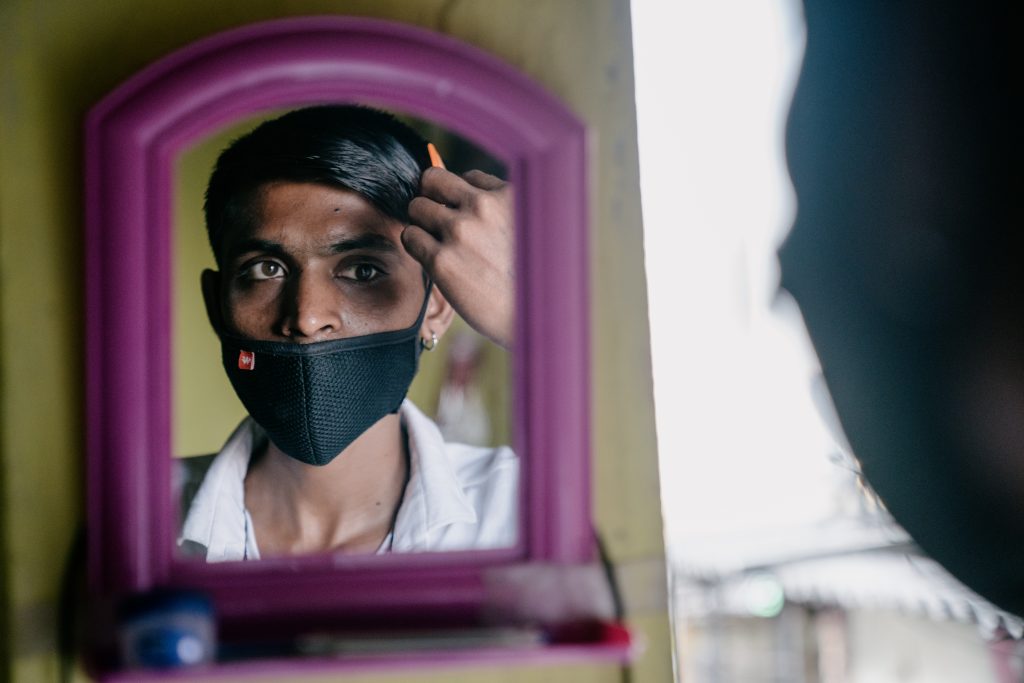
This initiative enhanced the psychosocial skills of healthcare providers, counsellors, and caregivers across Mumbai—equipping them to support the emotional and social sides of TB recovery. Participants learned to:
- Identify and respond to mental health challenges in TB patients.
- Enhance communication and motivation to support treatment adherence.
- Engage families and peers as active partners in the recovery process.
- Tackle socio-economic barriers affecting access to care.
- Build resilience and prevent burnout among caregivers.
Healing the Whole Person
At MSF, we believe compassion is as vital as cure.
Medicine heals the body—but connection heals the soul.

Stopping Transmission, Protecting Lives: Strengthen TB care with Smarter IPC & Nutrition strategies
Tuberculosis remains a major challenge in India’s urban health landscape, especially in crowded cities like Mumbai where poor ventilation and overburdened facilities accelerate transmission. While treatment cures TB, prevention starts much earlier—with robust infection prevention and control (IPC) practices that protect patients, families, and healthcare workers. IPC is not just a technical measure; it is the frontline defense against TB spread in clinics, hospitals, and communities.
Strengthening IPC helps to:
- Reduce transmission in high-risk settings
- Protect healthcare workers from occupational TB
- Improve detection, separation, and safe management of TB patients
- Ensure compliance with WHO and NTEP guidelines
- Empower families with home-based infection control practices
Healing Through Nutrition
TB weakens the body far beyond the lungs. Malnutrition and TB reinforce one another—undernutrition increases infection risk, while TB leads to weight loss and nutrient depletion. For many patients, recovery is impossible without adequate nutrition. In this fight, food becomes medicine.
Improve drug tolerance and reduce side effects
Boost immunity and promote weight gain
Reduce hospitalization and relapse
Strengthen treatment adherence
Support vulnerable groups—children, pregnant women, and those with HIV or diabetes
Strengthening Community-Led TB Care in Mumbai: Community Based Organization (TB Survivors Collective)
A key initiative within this transition is MSF’s ongoing support to a group of TB survivors working to establish a Community-Based Organization (CBO). This emerging community-led platform is designed to amplify survivor voices and foster peer support, advocacy, and meaningful engagement with public health systems. Through regular mentorship and capacity-building sessions, the CBO is being equipped to evolve into a self-reliant entity capable of independently leading community-focused TB interventions.
MSF believes that this survivor-led CBO has the potential to play a vital role in supporting the National TB Programme’s efforts to improve community participation in TB care and prevention. By serving as a bridge between affected communities and the health system, the CBO can help facilitate early case detection, treatment adherence, stigma reduction, and community sensitization—ensuring that people living with TB are supported with dignity, empathy, and accurate information.
This collaboration reflects MSF’s long-term vision: empowering communities to lead the way in creating resilient, people-centered TB care systems for the future.
Learn more about TB Survivors Collective
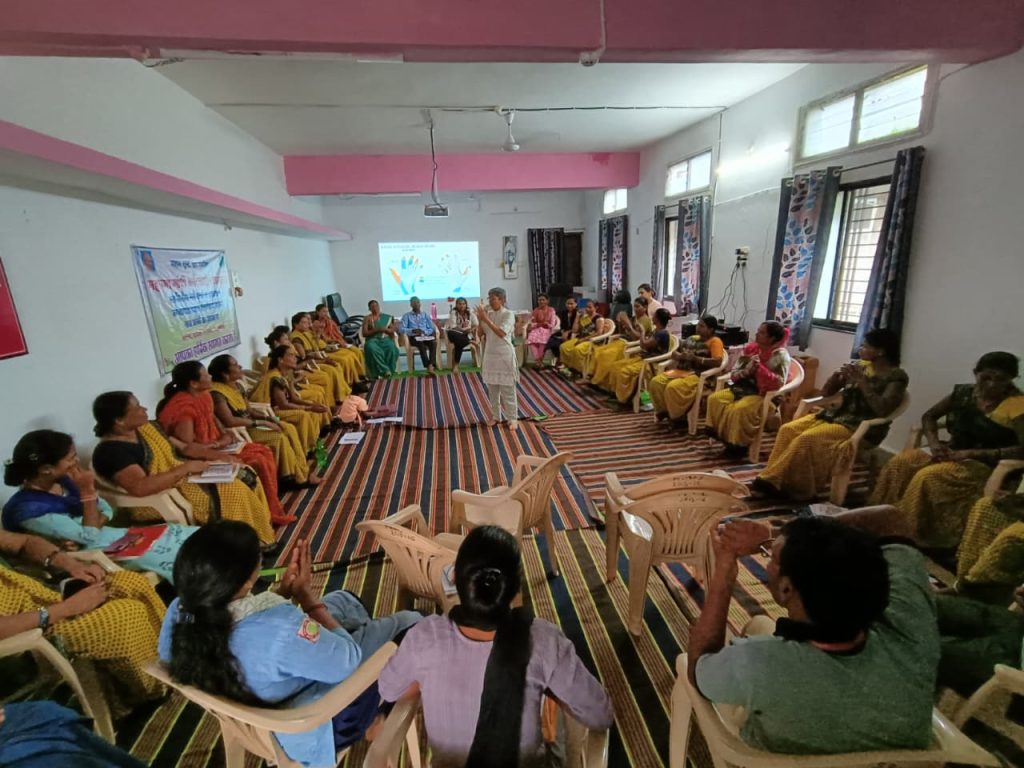
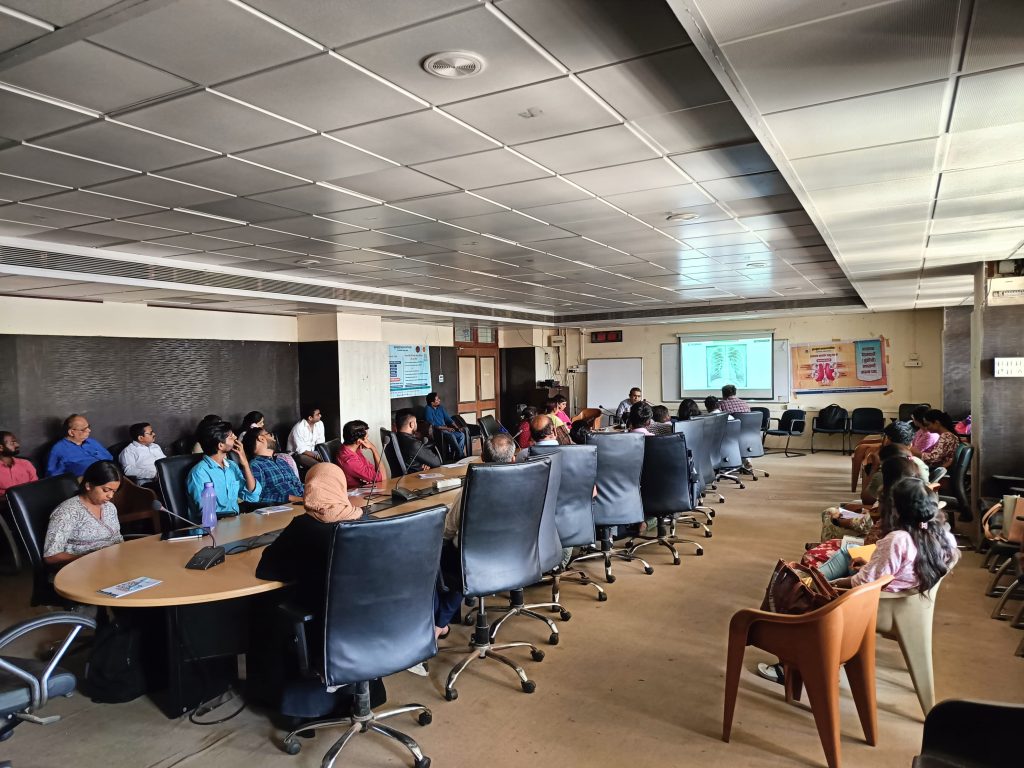
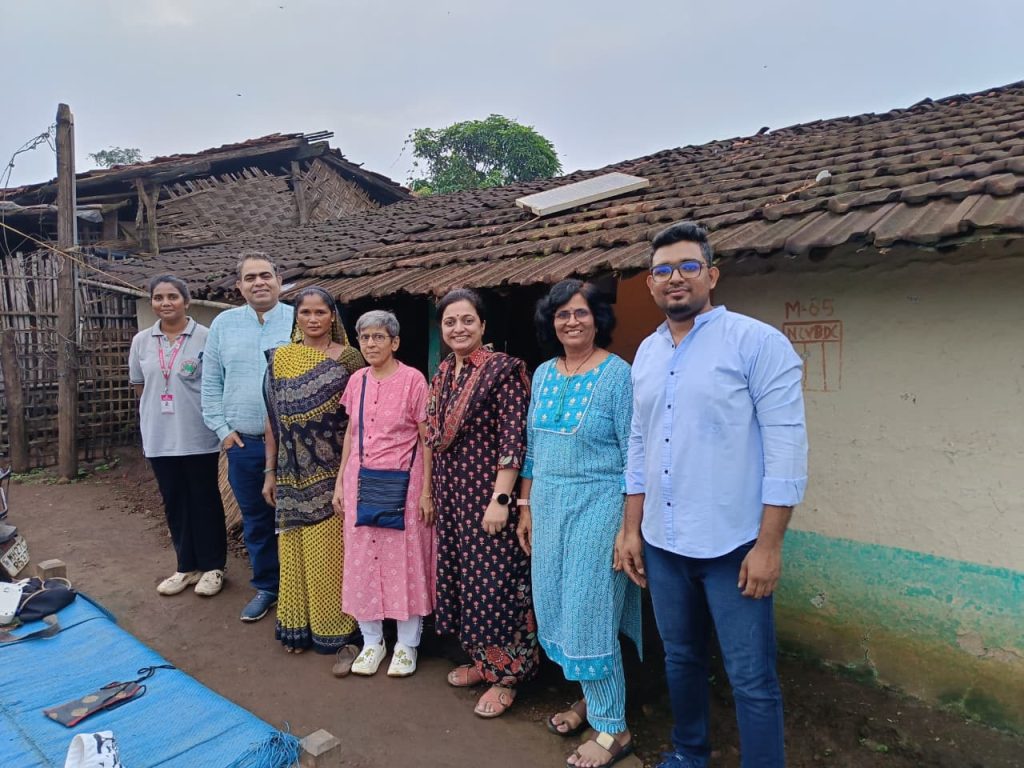
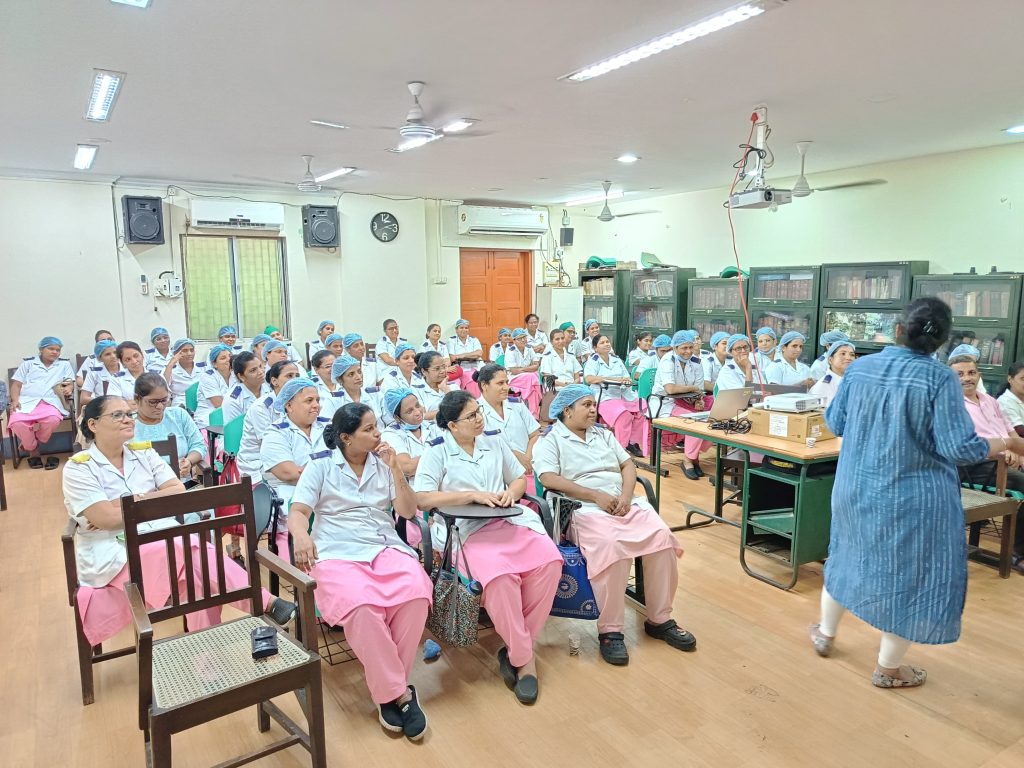
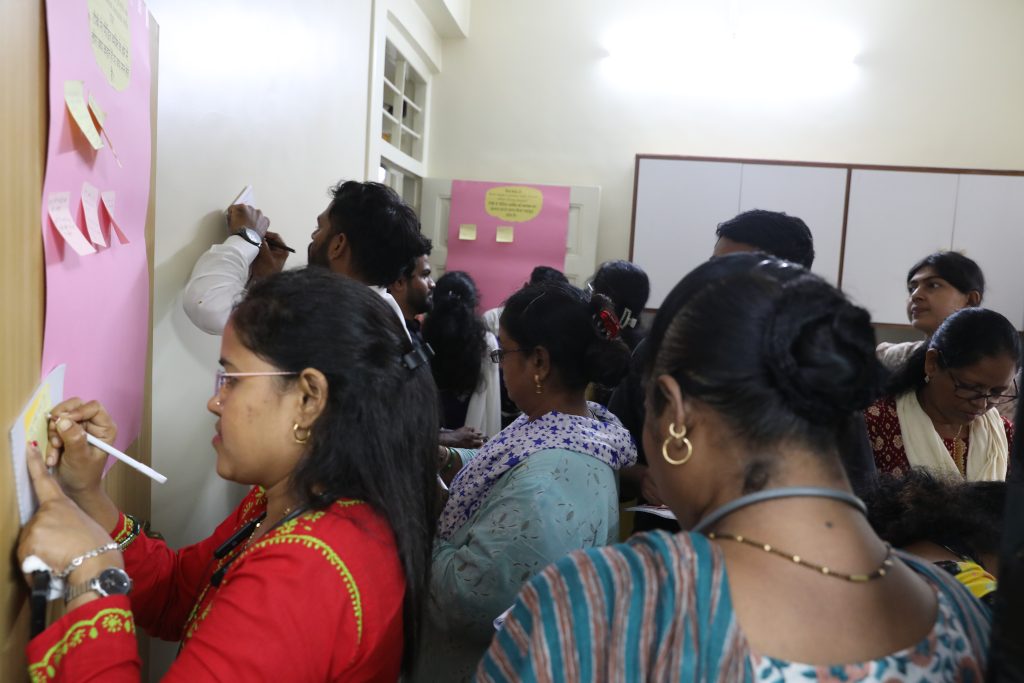
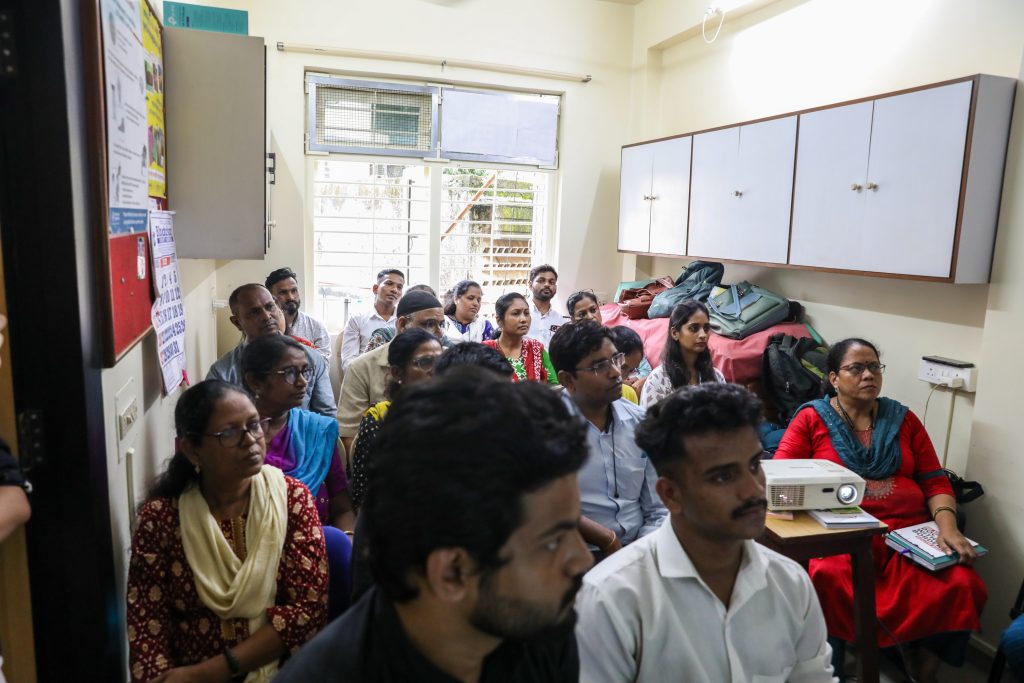
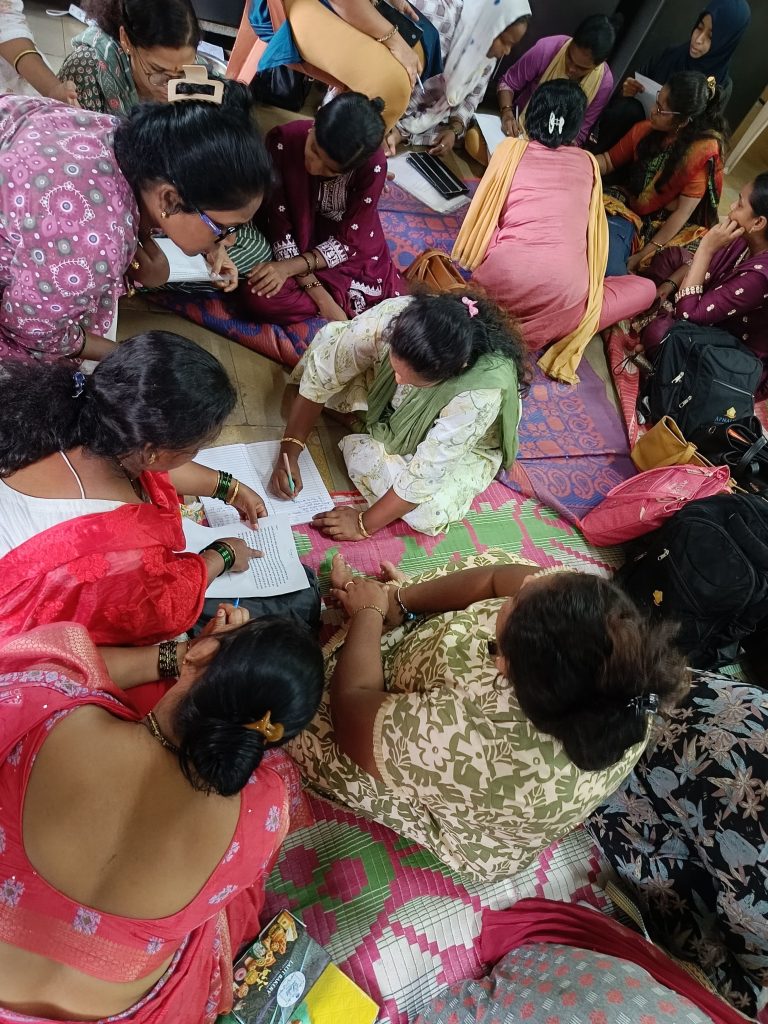
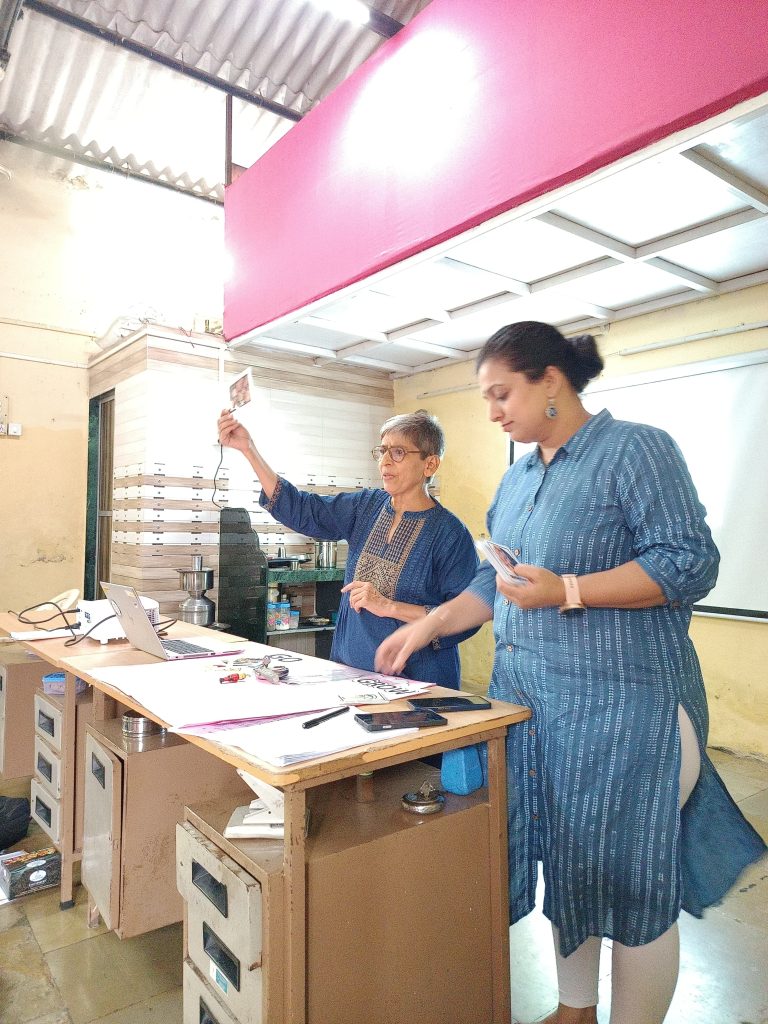
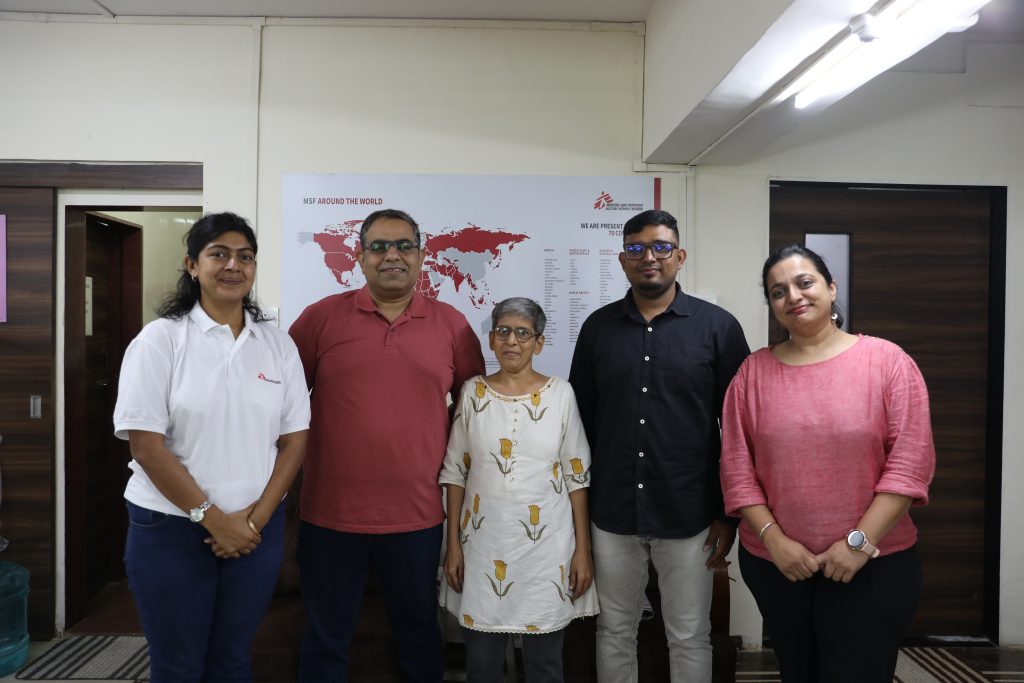
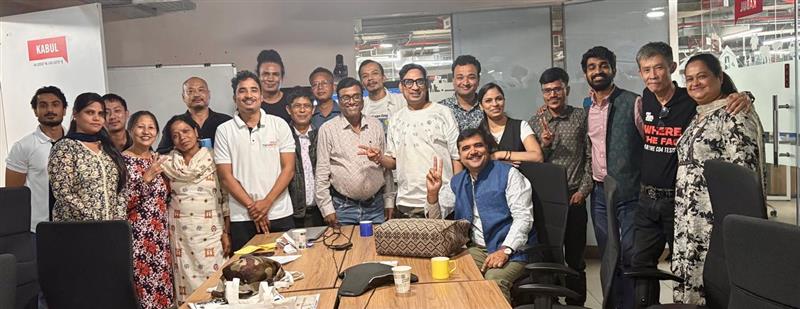
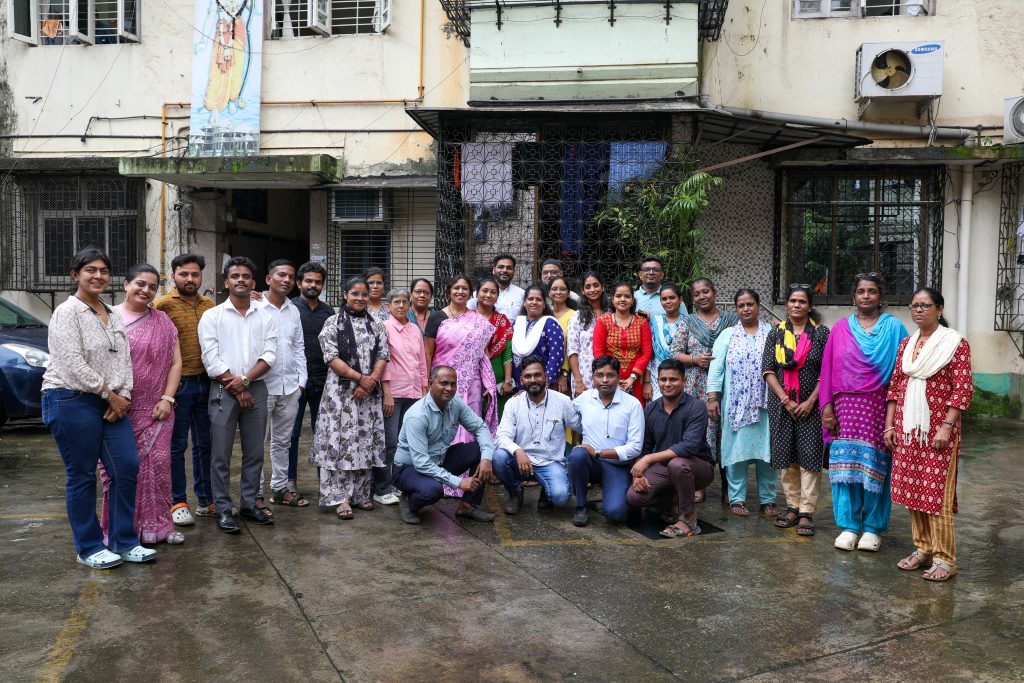
-
Related:
- DR-TB
- DRTB
- endTB
- MDRTB
- MSF in Mumbai
- Mumbai
- Tuberculosis in Mumbai












